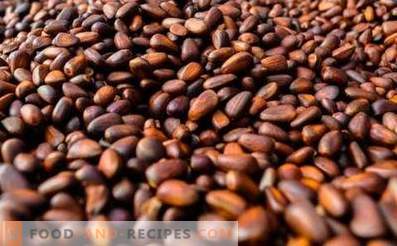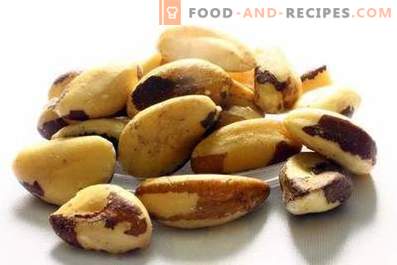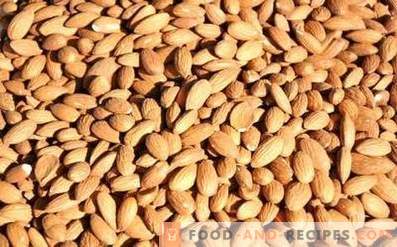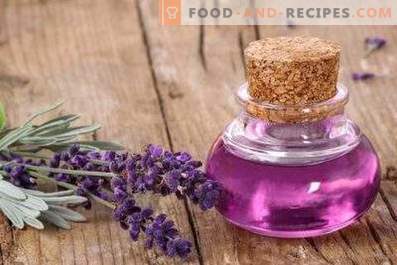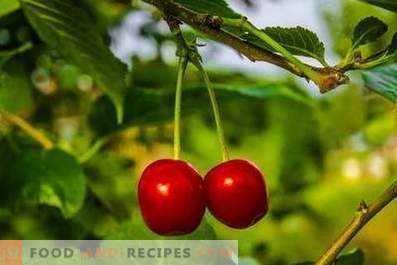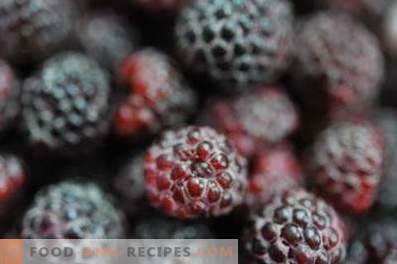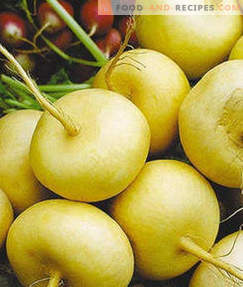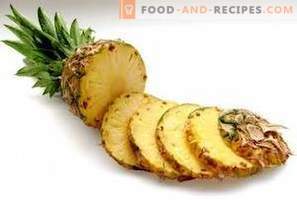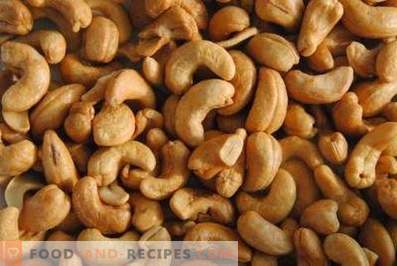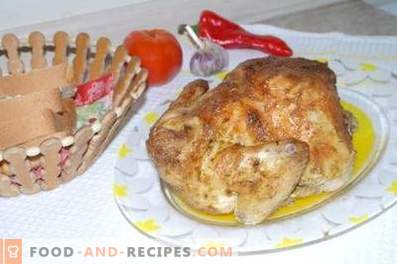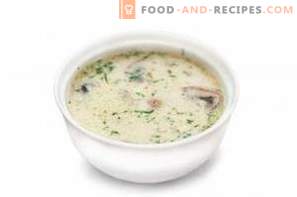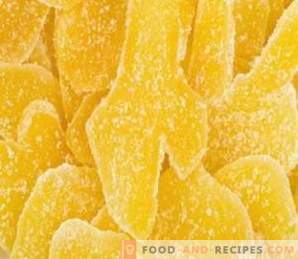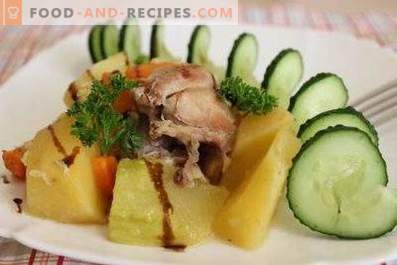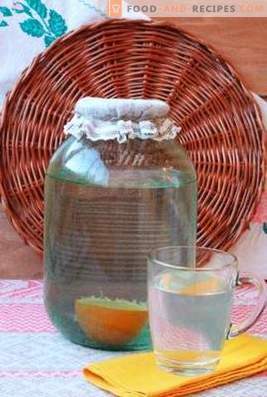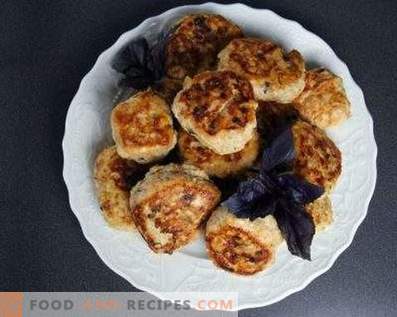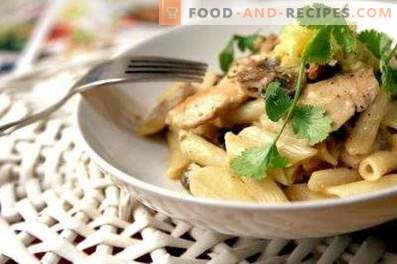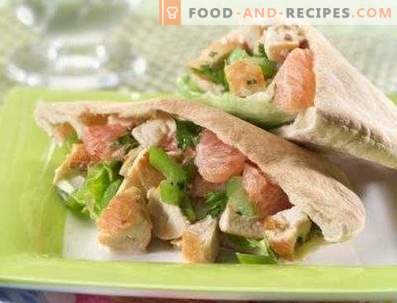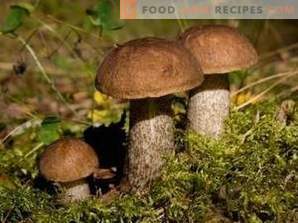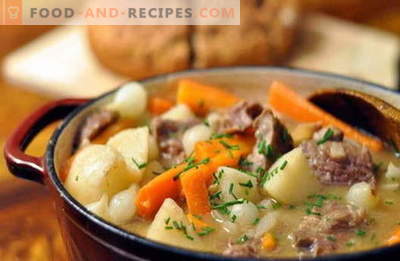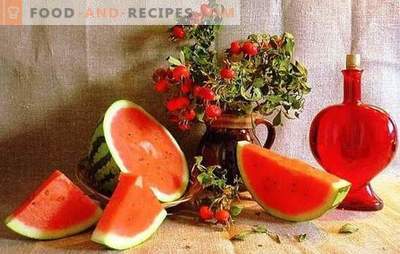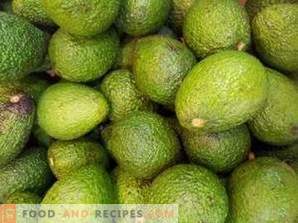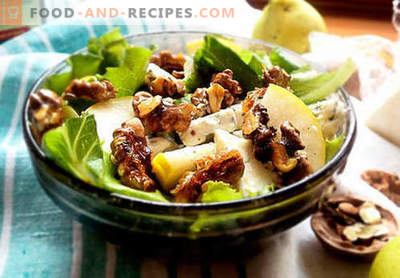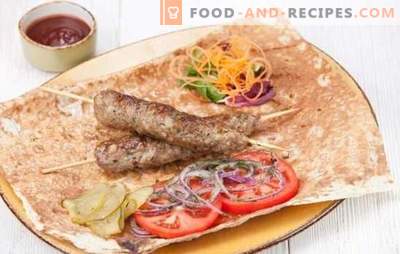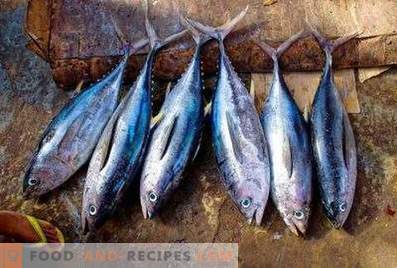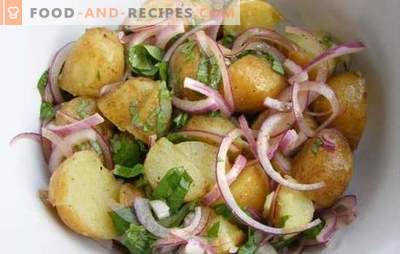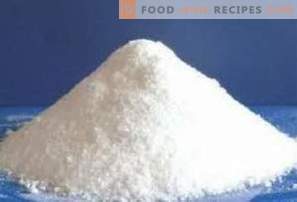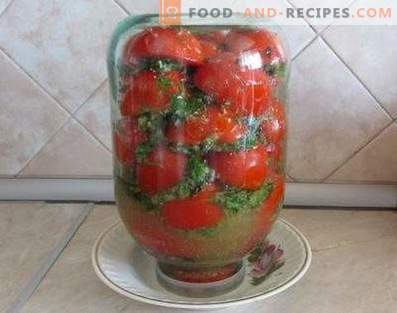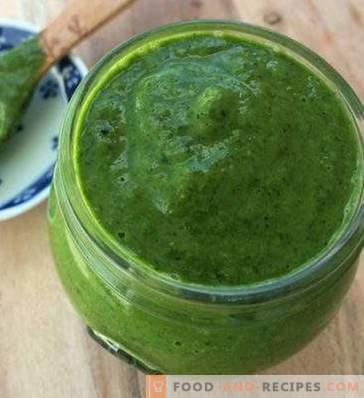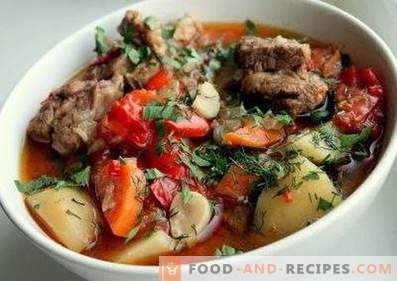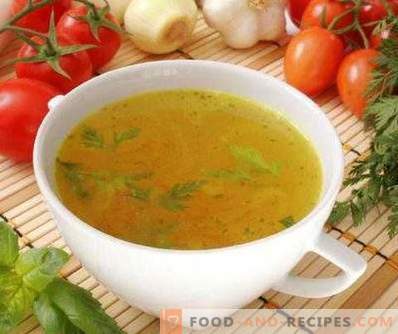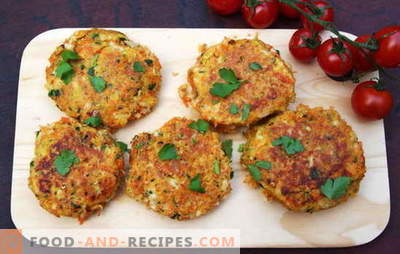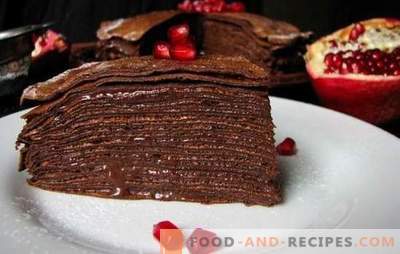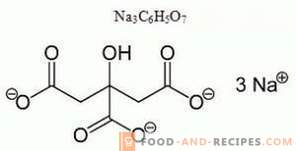
Cashews are the nut-like fruits of the western cashew, a plant belonging to the sumach family. Brazil is the birthplace of representatives of this species, but their present range also includes West and Southeast Africa, India, Iran, and southeast Asia. The largest suppliers of cashew nuts to the international market are Vietnam, Nigeria, India, Indonesia and Brazil.
The western anacardium is a tree up to 12 meters high, having a short, incorrectly branching trunk and a broad crown. The skin elliptical leaves of the plant reach 150 mm in width and 220 mm in length. The small reddish-green flowers of the western cashew are gathered in shields or panicles up to 260 mm long. Growing succulent plant stems (“cashew apples”) have a pear-shaped, red or yellow color and can reach 110 mm in length. Under the skin of these pseudo-fruits hides sour juicy flesh. The true fruit of the western anacardium is tied in the lower part of the stem and is a nut covered with a double shell (the top, having the appearance of a green, resinous skin, and the bottom - a dense shell that hides the nut kernel).
Cashew is a key ingredient for many Asian dishes. Nuts are eaten raw and slightly roasted, salted and used to make tasty and nutritious vegetable oil. In addition, cashew kernels are used in alternative medicine.
Fresh fruits of the western cashew should be stored in a dry and cool place: in the freezer, in the refrigerator or in a tightly closed container in the kitchen cupboard. In the heat, the nuts quickly acquire an unpleasant smell, become rancid and unsuitable for food. The storage time for cashews in the freezer is no more than 14 months, in the refrigerator up to six months, and in other cool and dark places no more than a month.
Nutritional value of cashew nuts and vitamins in their composition
Nutritional value cashews (per 100 g of nuts):
- 18, 449 g of proteins;
- 48, 491 g of fat;
- 22, 431 g of carbohydrates;
- 1, 984 g of fiber;
- 3, 197 g of ash;
- 5, 499 g of disaccharides, monosaccharides;
- 5, 291 g of water.
Vitamins cashews (per 100 g of nuts):
- 5, 682 mg of vitamin E (tocopherol equivalent, alpha-tocopherol);
- 0, 212 mg of vitamin B2 (riboflavin);
- 6, 877 mg of vitamin PP (niacin equivalent);
- 0, 496 mg of vitamin B1 (thiamine).
Cashew Energy Value
- Calories of cashews (100 g) - 552, 114 kcal.
- Caloric value of 1 cashew nut (1, 5 g) - 8, 282 kcal.
- The caloric content of cashew butter (100 g) is 821, 561 kcal.
Useful elements in cashews
Macroelements cashews (per 100 g of nuts):
- 552, 911 mg of potassium;
- 205, 844 mg of phosphorus;
- 269, 097 mg of magnesium;
- 15, 469 mg of sodium;
- 46, 916 mg of calcium.
Trace elements per cashew (per 100 g of nuts):
- 3, 781 mg of iron.
Useful properties of cashews
- Regular consumption of cashews helps speed up metabolic processes.
- As part of the nuts there are compounds that accelerate the excretion of excess cholesterol. Thus, their regular consumption contributes to reducing the risk of cholesterol deposits on the walls of blood vessels and the development of atherosclerosis.
- Cashew is a strong enough aphrodisiac. Vitamin E and other substances found by scientists in its composition, have a positive effect on the reproductive system in both sexes.
- Cashew contains substances that are capable of destroying the bacterial microflora, which destroys the tissues of the teeth. In folk medicine, pulp from pounded nuts is used to treat inflammatory diseases of the gums (it smears the affected areas).
- Fruits of the western anacardium contain compounds that stabilize blood pressure. Experienced nutritionists recommend people suffering from hypertension, as often as possible include them in the diet.
- Useful substances found in the composition of nuts contribute to the strengthening of bone tissue and reduce the risk of developing a number of bone diseases.
- Cashew has tonic properties, enhances immunity, helps the body to resist bacterial and viral infections.
- Nuts of the Western Anacardium are an excellent remedy for dermatological diseases. Cashews are ground into mush, diluted with warm water and applied to the affected skin with psoriasis and eczema.
- A rich decoction of the shell of nuts is used to treat cracks in the skin, warts and dermatitis.
- Useful substances present in the cashew composition, slow down the aging process in the body.
- As part of cashews, there are substances with anti-inflammatory, expectorant and antimicrobial properties. Therefore, experienced doctors recommend to include these nuts in the diet of persons who have been identified inflammatory diseases of the respiratory tract, having a bacterial origin.
- The compounds present in the composition of the fruits of the western cashew promote strengthening of the heart muscle and positively influence the condition of the vessels, making their walls more durable and elastic. Regular consumption of cashew in food helps to prevent the development of a number of cardiological diseases.
- Folk healers recommend including cashews in the therapeutic menu for dysentery, disorders of the digestive tract.
- Nuts of the Western Anacardium contain compounds that have a beneficial effect on the functioning of the hematopoietic system, making it possible to markedly improve the condition of people suffering from anemia.
- Based on the fruits of the western cashew, they prepare face and décolleté face masks (fresh nuts are soaked for 4-6 hours in cool water, then ground with a blender, combined with parsley chopped in gruel, and applied to the problem areas for 35-45 minutes).
- Regular consumption of cashews has a positive effect on the condition of people with diabetes.
- Substances present in the fresh fruits of the western cashew help adolescents cope with excessive perspiration during puberty, prevent the appearance of acne.
- In a number of countries, decoction of cashew nuts, their shells and husks is used as an antidote to poisonous snake bites.
- Vitamins and beneficial microelements contained in cashews have a positive effect on brain function, increase efficiency, help the body recover faster after prolonged illness, increased intellectual and physical exertion, and cope with manifestations of chronic fatigue syndrome.
- A slurry of ground cashew nuts with the addition of a small amount of water is used as an effective remedy for freckles and unaesthetic pigment spots on open skin.
- The fresh fruits of the western anacardium have a beneficial effect on the functioning of the nervous system. Regular consumption helps to avoid deep depressions, cope with insomnia and other somnologicheskimi disorders, get rid of neurosis, increased irritability and frequent mood swings. Substances contained in cashews can minimize the negative impact of stress factors on the body.
Useful Properties of Cashew Butter
- Western anacardium fruit oil with a small amount of an oil extract made from lavender, geranium or rose is used as a remedy for sunburn.
- Cashew oil is actively used in cosmetology for the preparation of masks for hair. Substances included in its composition actively nourish and moisturize dry, damaged hair, give them a beautiful, healthy shine, promote their growth, help to get rid of dandruff.
- Oil squeezed from cashew nuts is used in cosmetology as a natural moisturizer for the face and body.
- Western anacardium fruit oil is used as a massage oil (both in pure form and in combination with other vegetable oils).
Contraindications and harmful properties of cashews
- A caustic compound is present beneath the skin of a cashew, irritating the skin and provoking the appearance of painful blisters on its surface. For this reason, experts advise caution when eating unpeeled nuts.
- The concentration of fats in the cashew composition is significantly lower than in other nuts. Nevertheless, the fruits of the western cashew are high-calorie foods, the abuse of which can lead to obesity.
- Cashew is a potential allergen. Persons suffering from allergies to the fruits of the western cashew should be completely abandoned. People who have previously identified hypersensitivity reactions to the action of other stimuli should also exercise caution when including cashews in the diet.
- Abuse of nuts of the western cashew (especially in childhood) can lead to the development of diarrhea, nausea, itchy rash and edema.
